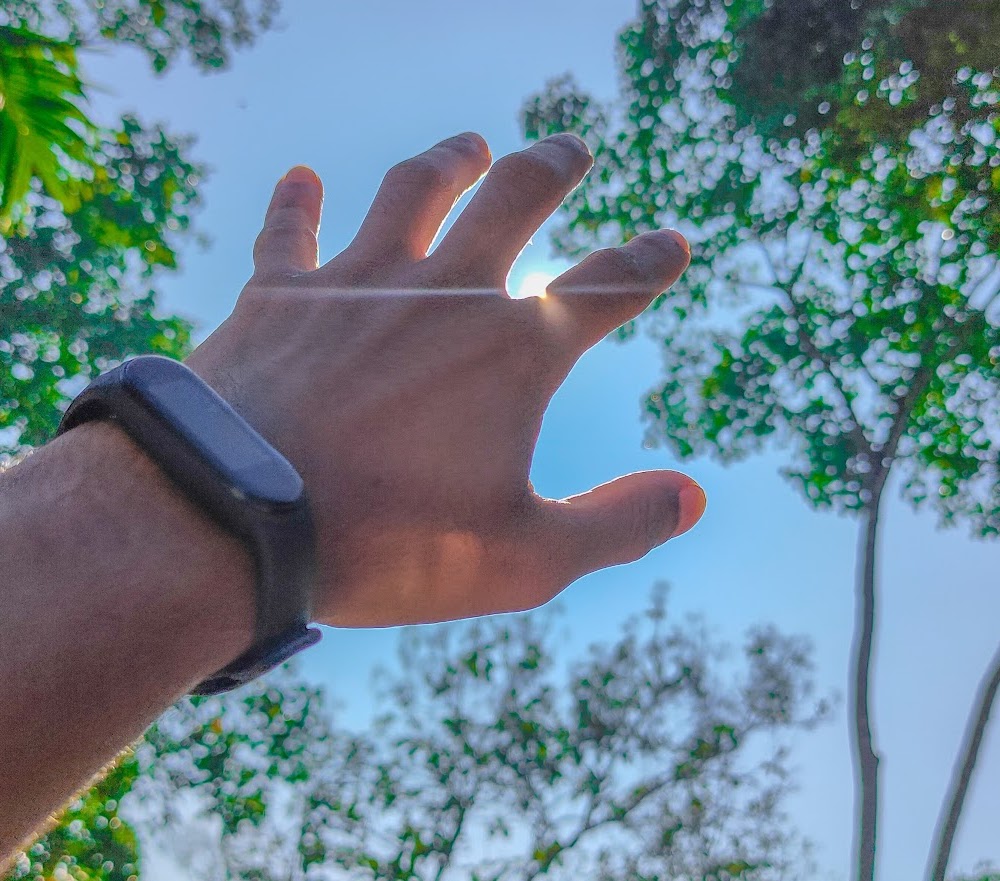Neuralert Stroke Detection wristbands are the world’s first non-invasive, continuous stroke monitoring system. Neuralert has been designated a breakthrough device by the US FDA because of its ability to “provide continuous monitoring of stroke symptoms and immediate alerting to speed medical treatment.” This designation demonstrates that Neuralert’s breakthrough technology is in the best interest of patients, offers significant advantages over existing alternatives, and that there are, in fact, no approved or cleared alternatives.
While studies show that 50% of all in-hospital strokes are not detected within 4.5 hours, Neuralert detects stroke symptoms in as little as 15 minutes and 95% within an hour.
The reason for Neuralert’s success is two-fold: First, Neuralert measures arm asymmetry, which is a hallmark indicator of stroke. While many aspects of life incorporate asymmetrical movements – hand dominance, writing, eating, talking on the phone, even the presence of an IV in one arm – our unique, patented parameter-invariant algorithm models out non-stroke asymmetry. This technology virtually eliminates false alarms, a serious problem with any life critical monitoring device. Neuralert’s accuracy means when it signals the presence of signs of stroke, medical staff know to act swiftly to examine the patient and begin stroke protocols if necessary.
Second, Neuralert can be placed on the patient’s arm and begin working almost immediately. No extended baseline is needed to prime the algorithm to know what patterns to look for. Within 15 minutes of application, Neuralert can accurately detect signs of stroke.
Thus, as soon as a patient enters the hospital, the Neuralert wristband can be used to monitor the patient. Strokes occur in patients who are hospitalized for many reasons, including hip replacement and other surgeries, heart issues, abnormal blood pressure, injuries, etc. For patients with comorbidities, delay can be fatal. Having a stroke detection system that can be placed on the patient’s wrist and begin monitoring immediately could be a lifesaver. And because it can be synced to various wearable technology such as FitBit, Neuralert can be used in an outpatient setting, as well.
The power of our product can be found in the combined expertise of our co-founders, Steven Messe, M.D., and Dr. James Weimer, Ph.D., and the team of experts they assembled to develop this breakthrough technology.
Dr. Messe is Professor of Neurology at The Hospital of University of Pennsylvania (HUP), Associate Director of Vascular Neurology Fellowship, and member of the Stroke Program at HUP. He is board-certified in Neurology and Vascular Neurology.
Dr. James Weimer holds his M.S. and Ph.D. in Electrical and Computer Engineering and is a Research Asst. Professor in the Dept. of Computer and Information Science at the University of Pennsylvania and the Dept. of Biomedical and Health Informatics at the Children’s Hospital of Philadelphia (CHOP). His research focuses on developing tools for the predictable performance of learning-enabled cyber-physical systems. These two brilliant scientists combined their expertise to develop this life-saving system.
Undetected strokes result in thousands of deaths and untold numbers of long-term disabilities every year. In addition, millions of dollars in increased hospital costs due to increased length of stay, greater morbidity, and litigation costs are associated with the delayed detection of stroke using current stroke-detection protocols. Neuralert can cut those costs of human life and hospital resources significantly by detecting strokes early. Reach out to us to find out how your hospital or practice can partner with Neuralert.
